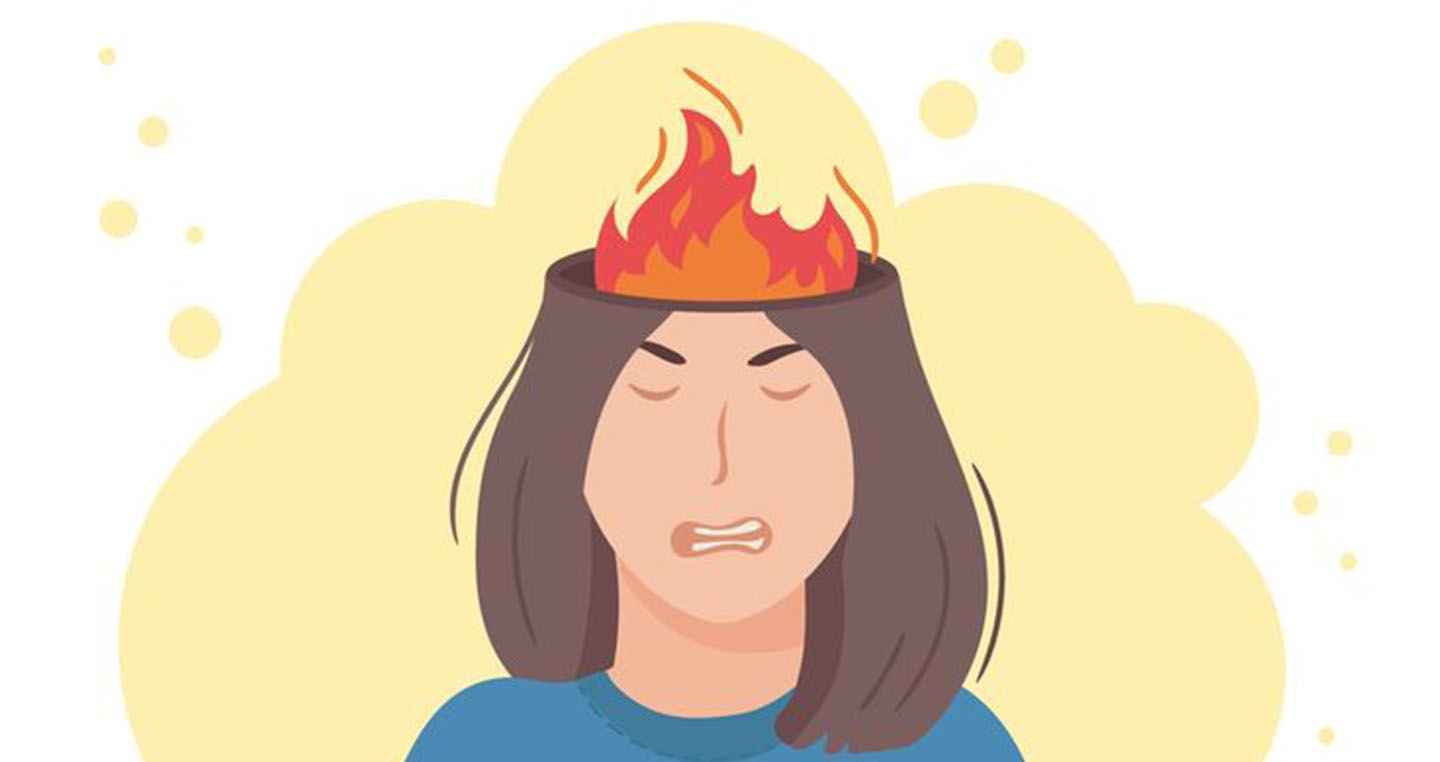
Mind Matters | My anger issues
In my childhood, I had many bouts of explosive rage, which led me to throw things, misbehave with friends and family and even cut my arms. As I grew up, I started developing depressive symptoms. I had problems concentrating in my studies and work. It's been some years since I started working and I don’t enjoy it. The issue with me is that I give up too easily. I am 30 now and I still feel angry at myself thinking about my past. I recently smashed my phone and tore my driving license. Family conflicts are also fairly common with me. I feel unloved, uncared for, and ignored. I often get demotivated. What should I do? Please help! —M.J.
Answered by Dristi Moktan, Counsellor, Happy Minds
Given all that you have experienced since childhood and that things have only become worse with time, it would be preferable to consult a mental health expert. Anger issues in early stages can be somewhat self-managed, but as they intensify, you must be aware of your own limits. They are often too much to handle on your own. It is advisable to get professional help as anger issues are often symptoms of an underlying cause.
But here are a few strategies you can use to manage your anger. It's important to first think about what makes you angry, what you actually feel when you're angry, what are the consequences that follow, is it hurting you, or are you merely expressing your sentiments? You might want to keep track of your anger. Being more emotionally aware of yourself can enable you to see things clearly. The more you express your feelings, the more they'll help. You can also try writing down your feelings when you get angry.
Another thing you can do is to delay your response: if you feel angry, try to hold back your response and then reflect on the situation. We can't control our emotions, but we can control our responses. If you ever get a feeling of anger rising inside you, take a deep breath, hold it and exhale slowly. If that still doesn't work, consider leaving the situation that is triggering your anger. You can also imagine a pleasant scenario to help you calm down.
Practicing meditation can also be beneficial to regulate your emotions. Given enough time and practice, all of these approaches can help you develop a robust coping mechanism for anger.
